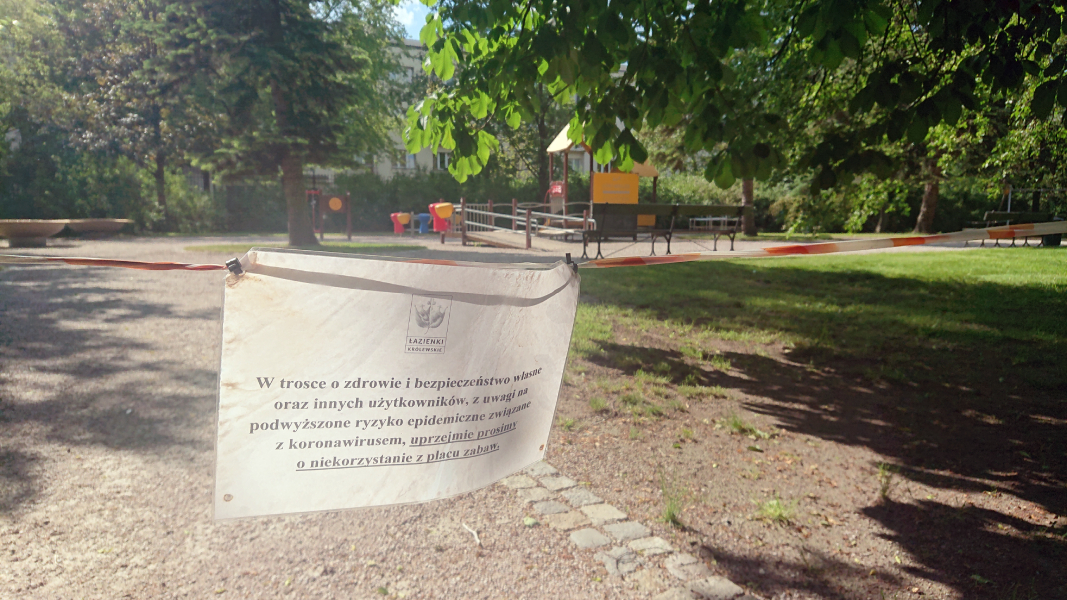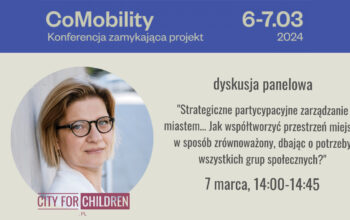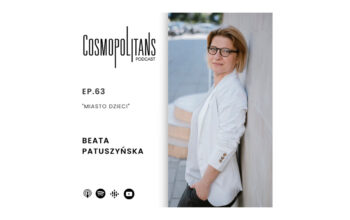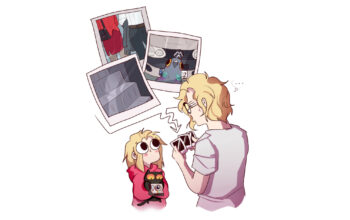Children and fish
I was thinking of that conversation and an old Polish saying that children and fish have no voice during my visit in Radio Warszawa. On the occasion of International Children’s Day Piotr Wróblewski invited me to talk about children in urban space. Our conversation showed that the role of children in a city mirrors their position in society. It can be well observed now, during the pandemic.
The world
I regularly meet with Placemaking Europe Kids group, which was established after last year’s Placemaking Week in Valencia. We often talk about situation of children during the pandemic – of their experiences during a lockdown, differences in limitations introduced in various countries.
In Finland and Norway governments prepared special guidelines concerning children. For the sake of their well-being parents were encouraged to find one family with children to keep in touch. In the Netherlands playgrounds were open all the time. The three countries organised also special conferences addressed to children. Government representatives explained the present situation to children.
Outside Europe the best known example of thinking about children is New Zealand. The prime minister, Jacinda Ardern assured children that both Tooth Fairy and Easter Bunny are essential workers and they would normally perform their duties during the pandemic. Tooth Fairy was also counted among essential workers in Argentina. On his twitter the president assured a mother of a little boy that during the pandemic Tooth Fairy can freely move even though most people must stay at home. The state’s attitude towards children is reflected in the urban space. The first examples that come to my mind are – similar to my friend I mentioned at the beginning – from Scandinavia and the UK. In Sweden since the beginning of 2020 the UN Convention on the Rights of Children became law. It means that children must be treated as equal citizens and should be invited to decision making processes including urban space. In its transport policy Finland has a special part devoted to children’s needs. London published a document signed by its Mayor: “Making London Child-Friendly”.
Poland
Now, during the pandemic it is even more visible. I have an impression that children, who are already excluded from a public discourse, at the first opportunity are also eliminated from public space. As a consequence of lock-down not so long ago minors (below 18) were not allowed on the streets without adult’s supervision. 16 April the ban was dismissed for young people over 13 years old. Younger children were „freed” not until a month later.
This attitude is also well present in everyday life. Because of my professional duties I follow the topic of returning to offices after the pandemic. In one of the press articles I read about an office building. It’s manager proudly announced that as a prevention they forbid children to enter the building. I am not sure what about animals, as in autumn, flowing on the well-being wave of publicity they were proudly announcing that dogs were very welcomed. How have children deserved that?
Even the Ministry of Education, which should care about children forgot that children first of all are people. Being a mother of a 8-year-old boy I got a questionnaire directed to all parents of children attending early grades in school. The aim was to find out how many children would return to school. None of the questions concerned children’s needs, it was all about adults. It clearly showed that Polish school is not about children and that school is not a place for socialising or learning, but a storage, where parents can drop their children the same way they drop their car or bicycles in a park and ride system. I am sure that teachers in our school will make up for all that to children, who will have to return. However we decided not to participate in that experiment.




